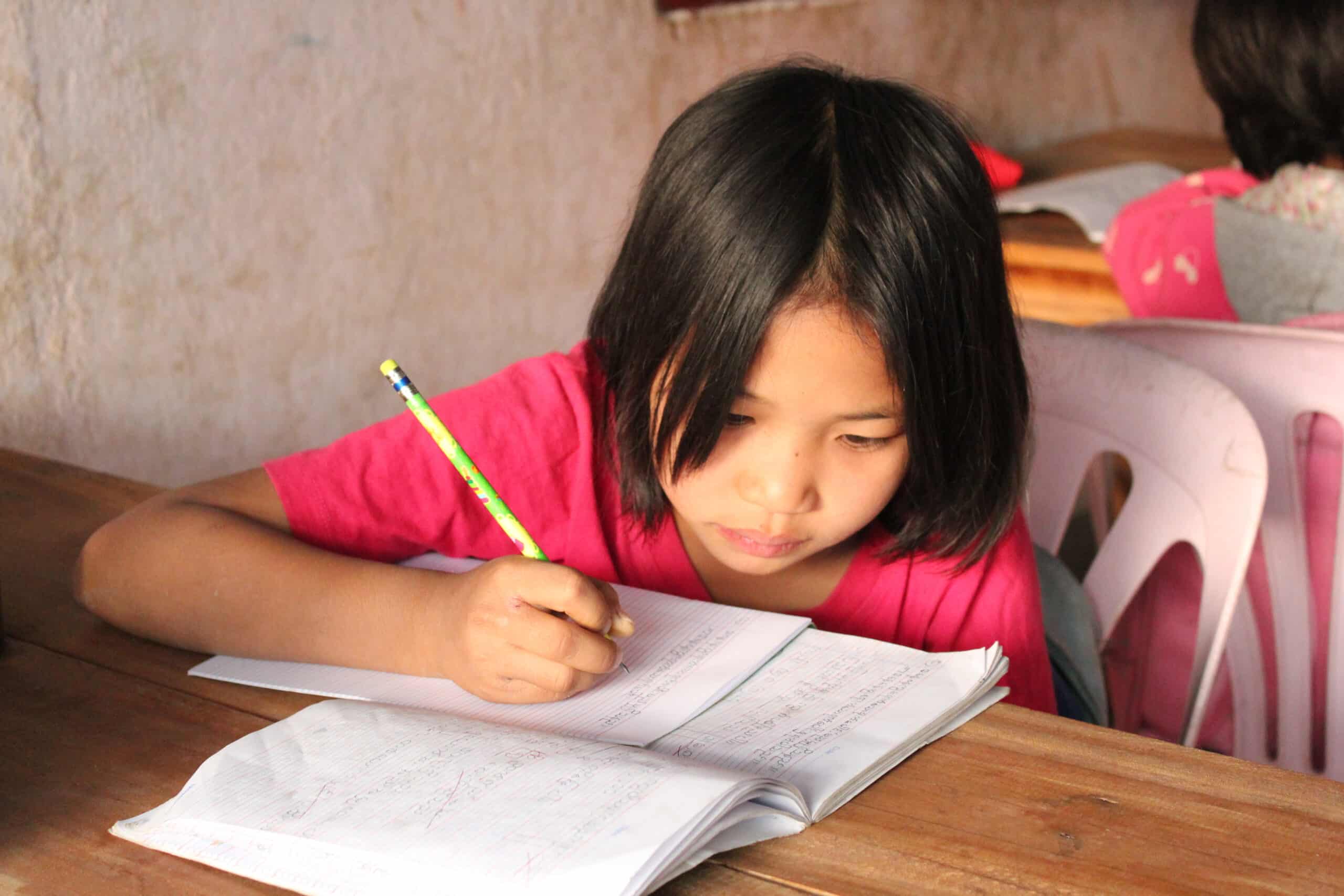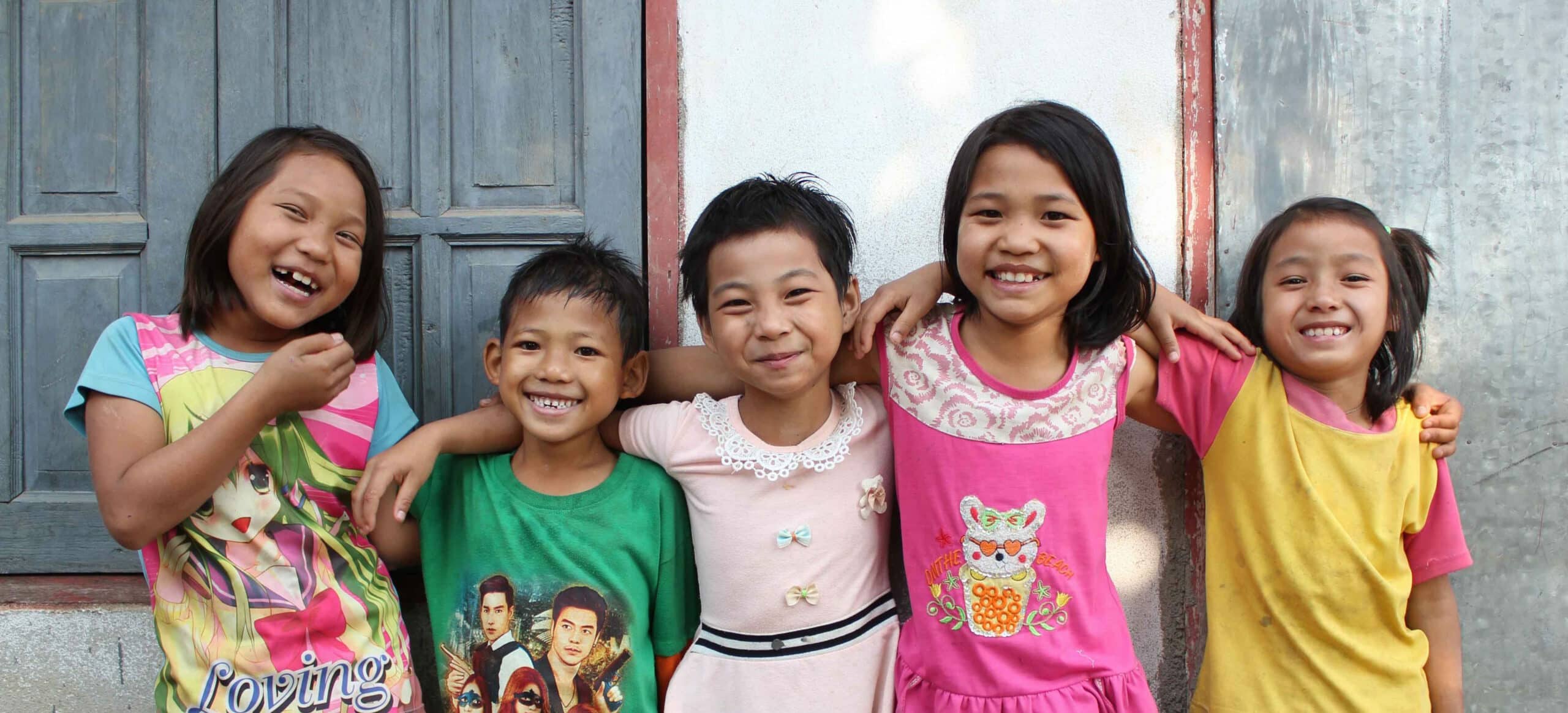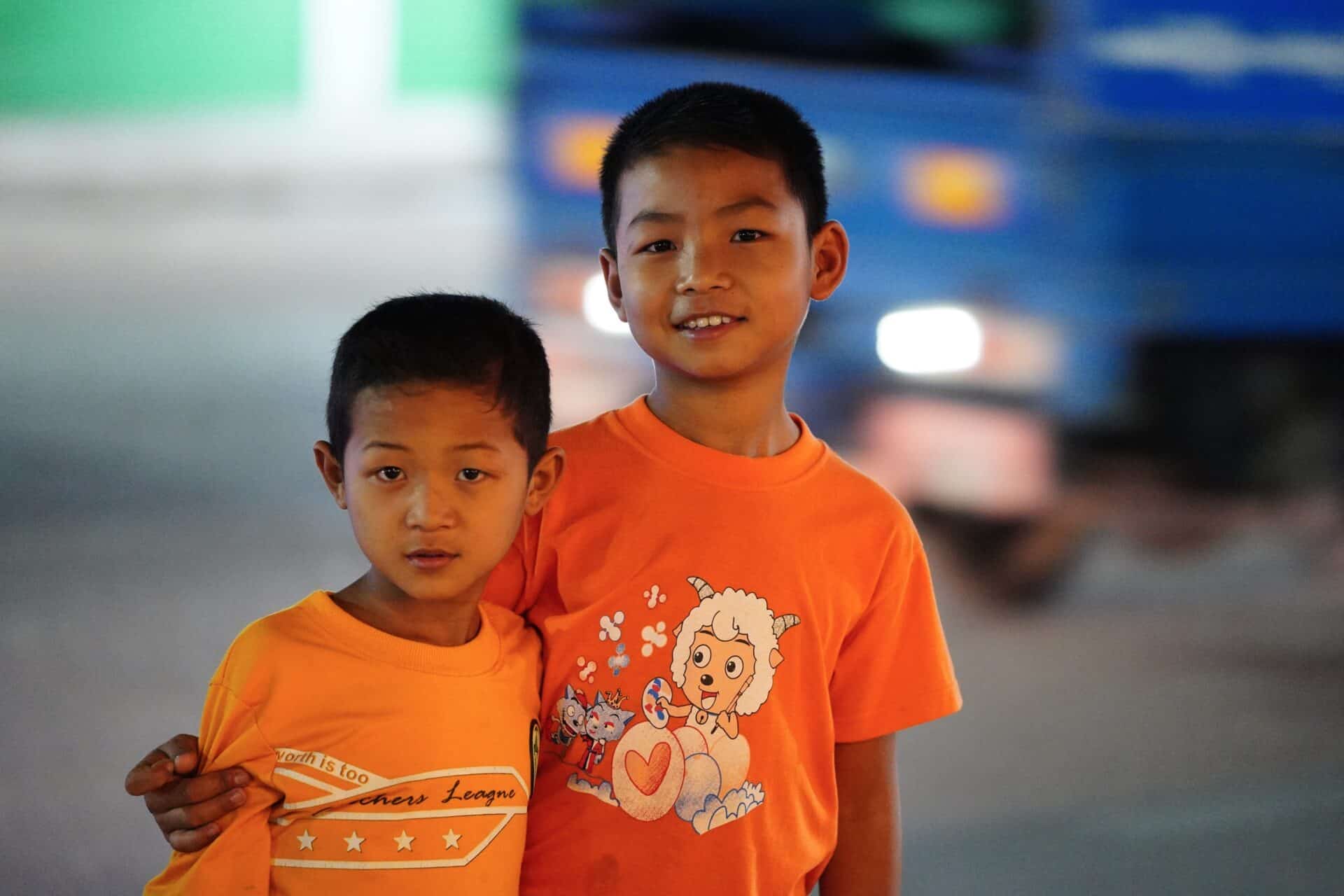MEET OUR INTERNATIONAL PARTNERS
Like minded localsWho share our heartVision and values
ORA Uganda
ORA Uganda partners with local rural communities in West Nile, Uganda, where poverty and HIV/AIDS have eroded hope and left a large number of orphans.
Sponsorship program:
Hope St supports ORA Uganda’s child sponsorship program which is designed to nurture and educate orphans and vulnerable children. There are currently 160 children in the sponsorship program, in nursery school, primary school, secondary school, vocational training and tertiary education. Each child receives education and after-school tuition, basic health care, counselling, agricultural training, and access to extracurricular activities. The program has a strong emphasis on life skills to raise capable and contributing community members. Sponsorship continues until the/youth has attained a trade qualification, a diploma or a degree. We have sponsored graduates who are teachers, nurses, engineers, builders and medical students. Some graduates now sponsor local children themselves.
Care Home:
While the majority of sponsored children live with extended family, the program runs residential care homes at the ORA Uganda Base to provide accommodation for those who are most vulnerable and require short or long-term care.
Community Programs:
The ORA Uganda base also houses community training facilities, a children’s resource centre (library), an office building, staff housing, guest houses and a plant nursery.
ORA Uganda’s Community Projects Program is focused on future-proof initiatives to improve the livelihood of impoverished families living in rural Uganda, freeing these communities from dependence on international funding is our long-term goal.
Initiatives include:
- microfinance groups equipping struggling mothers to establish income sources,
- agricultural projects providing families with additional income,
- vocational training facilities,
- electricity installation, and
- clean water projects in communities with no safe water supply.
The ORA Uganda team works closely with local schools, vocational training institutes and community leaders to implement these projects.

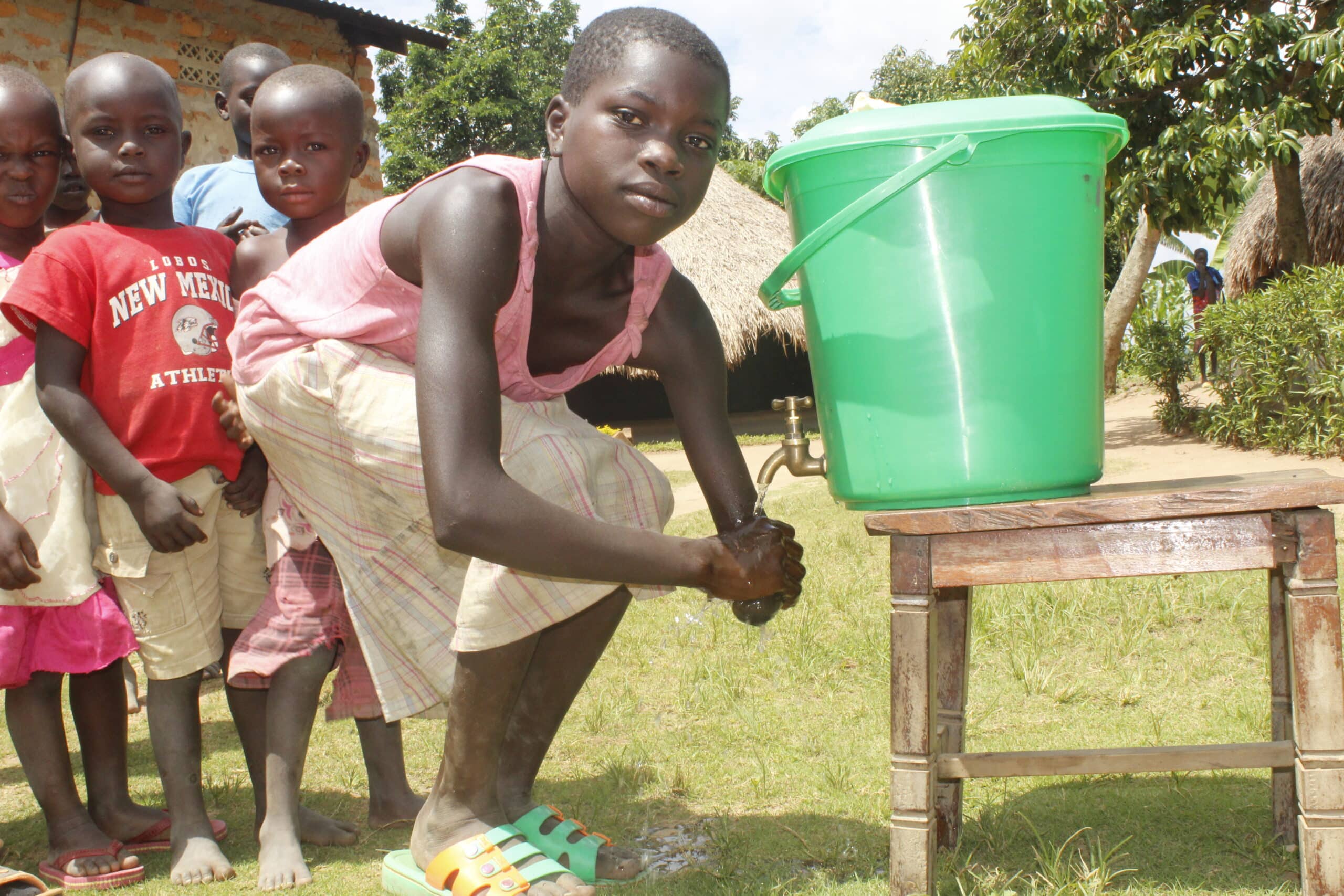
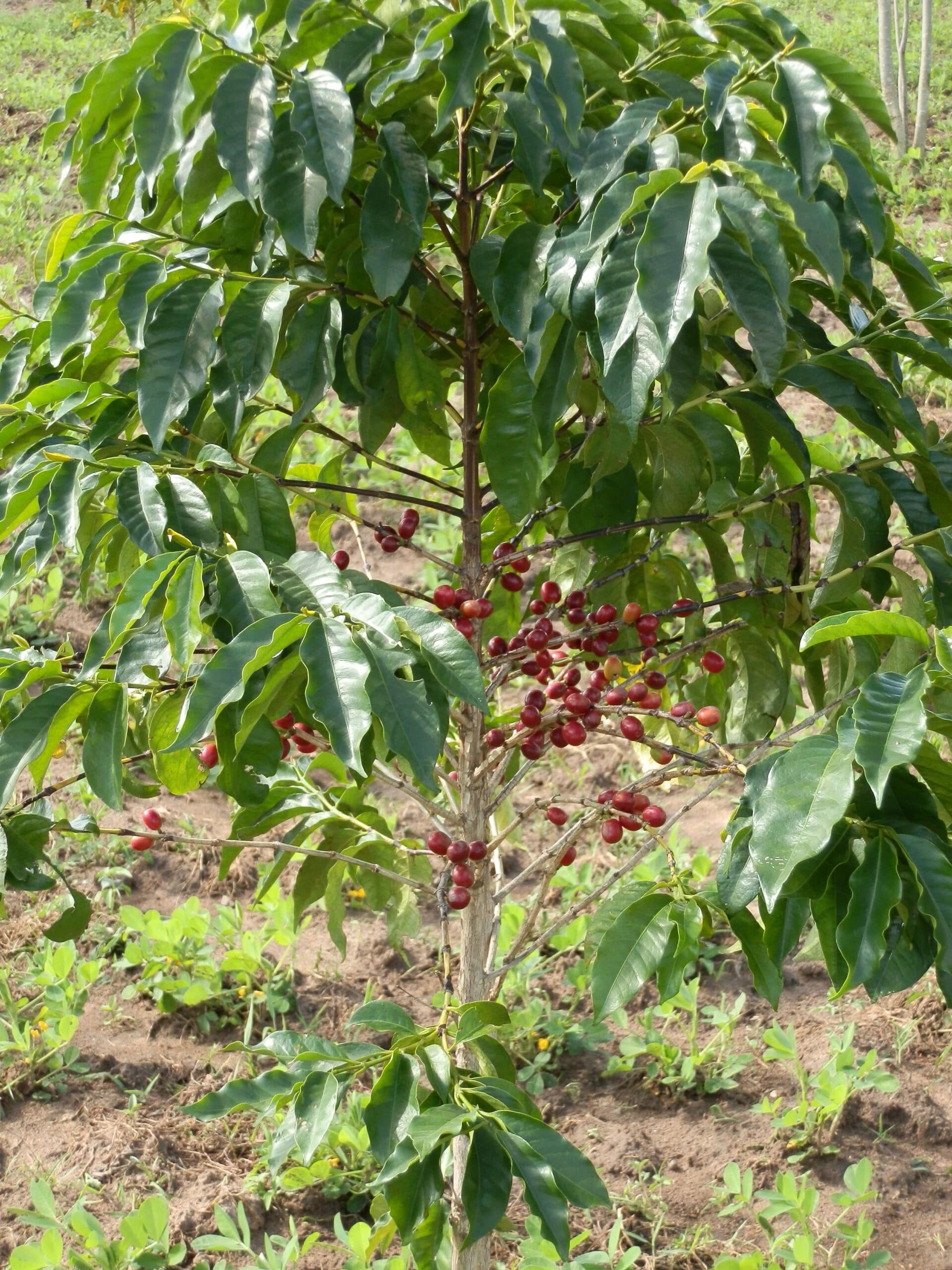
Hope Focus Uganda
An estimated 200,000 children live on the streets in Uganda, a statistic that worsens each year.1
Hope Focus Uganda works with street children at risk of being abused or trafficked. The Hope Focus team provides on-street mentoring work and, working closely with local communities, are focused on rescuing, rehabilitating and reconciling children with their extended families.
Safe Home:
Those children who are most vulnerable and have no family support are offered a place in Hope Focus’ safe home. There they receive education, health care, mentoring and life skills. Some children in the safe home are in due course also reconciled with extended family.
Sponsorship Program:
There are currently 27 children on the Hope Focus program, in primary, secondary and vocational training schools. Eleven of these children call the Hope Focus safe home their home.
The program has a strong emphasis on life skills to rehabilitate tough street kids into capable and contributing community members. Sponsorship continues until the child/youth has attained a trade qualification, a diploma or degree. Hope Focus has program graduates who are tailors, builders and electricians.
Hope Focus also provides a short tailoring and craft course for youth who cannot adapt to formal education.
Community Programs:
Through years of counselling children living on the streets, Hope Focus has identified the at-risk communities that many of these children originally came from. When visiting these rural communities, the Hope Focus has observed that most people do not know children are living on the streets. They don’t know where their runaways have ended up. They are not aware of child prostitution, modern-day human trafficking, or the risks street children face.
Hope Focus has a program to raise awareness in these most at-risk communities. They will continue visiting the communities and speak regularly on a radio talkback show, sharing the stories of street children they have rescued.
It is estimated over 24,000 people will be reached during the community awareness outreaches, and up to one million through the radio broadcasts.
Hope Focus’ Board chairman explained the outreach program in this way. ‘When HIV first came to Uganda, many people died. It was a hidden thing, not spoken about. When the government started education programs less and less people died. It is the same for our children. People are not aware of the risks they face when they run to the streets. Through education people will become aware and fewer children will be at risk.’
1 United Nations Children’s Fund (2014). Child Poverty and Deprivation in Uganda.
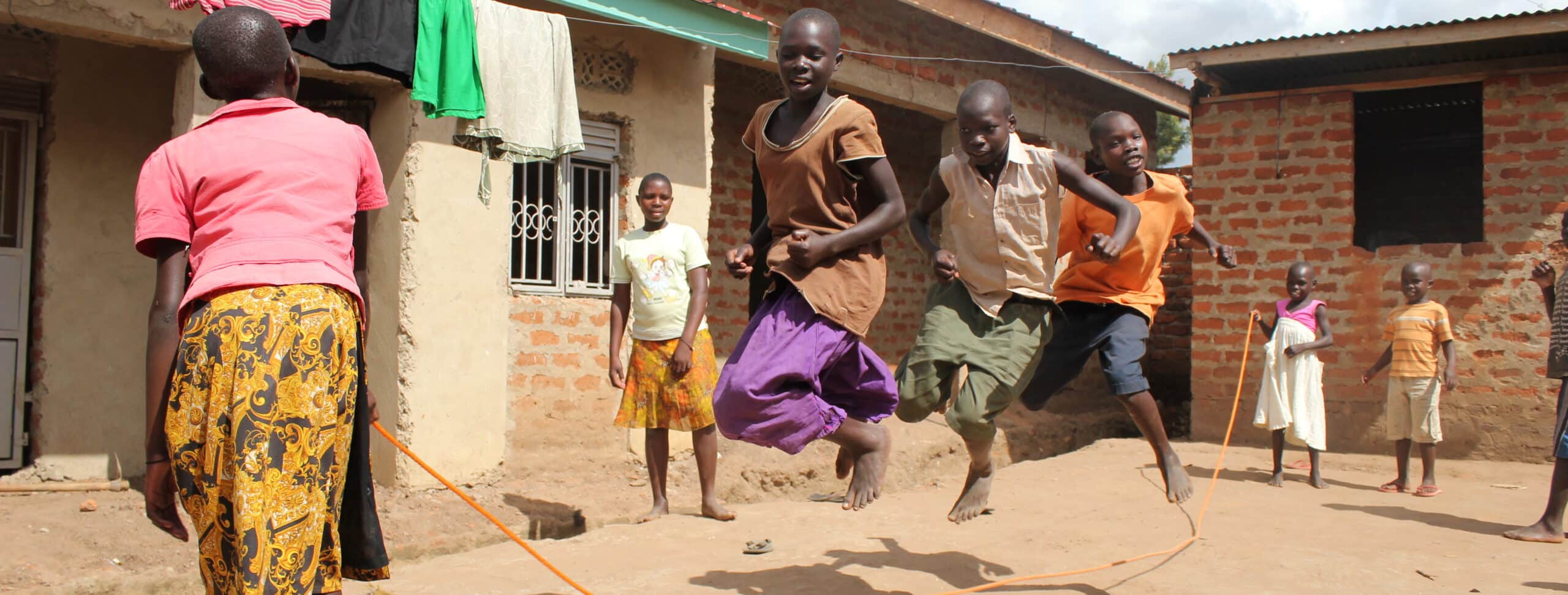

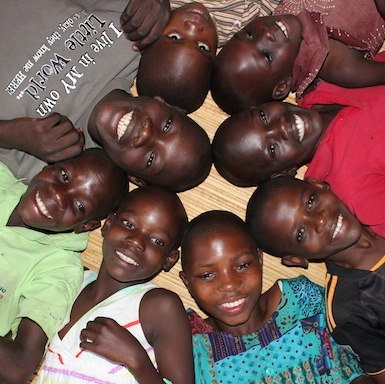
Now safe, not hungry, being educated, receiving health care and most importantly receiving love.
Chafisi Kenya
The team at Chafisi orphanage and primary school in Kenya have a vision to educate and empower destitute children and their families. Half the children at the school come from families who cannot afford to pay the school fees.
Sponsorship Program:
The Chafisi child sponsorship program provides school fees, feeding, medical care, and counselling for children from very poor families, children who would otherwise grow up to be illiterate. Sponsorship also funds boarding costs on the Chafisi campus during school terms for children from extremely difficult family situations, and children living too far away to walk to school.
Hope St sponsorship of children on the Chafisi program has a strong emphasis on life skills to raise capable and contributing community members, so our aim is for sponsorship to continue until the child/youth has attained a trade qualification, a diploma or degree. No other donor organisation has offered sponsorship to this level for Chafisi children, they generally stop sponsorship at the end of primary school. Chafisi has an amazing team with great vision, good project planning and implementation skills, and good communication and reporting skills.
Food Security and Sustainability programs:
For eight years Hope St has been walking alongside the Chafisi team as they build an agricultural social business growing local crops such as maize to feed children. The Chafisi team have clearly caught the vision that they can reach sustainability through this agricultural project, feeding the children, and in time paying teachers wages and other program costs. We are very excited with the progress of food security for the children, and ongoing opportunities both with agriculture and other projects to see sustainability for the whole school and orphanage. Hope St’s goal is to support Chafisi’s aim to free themselves from reliance on international funding to feed and educate the orphans they support.
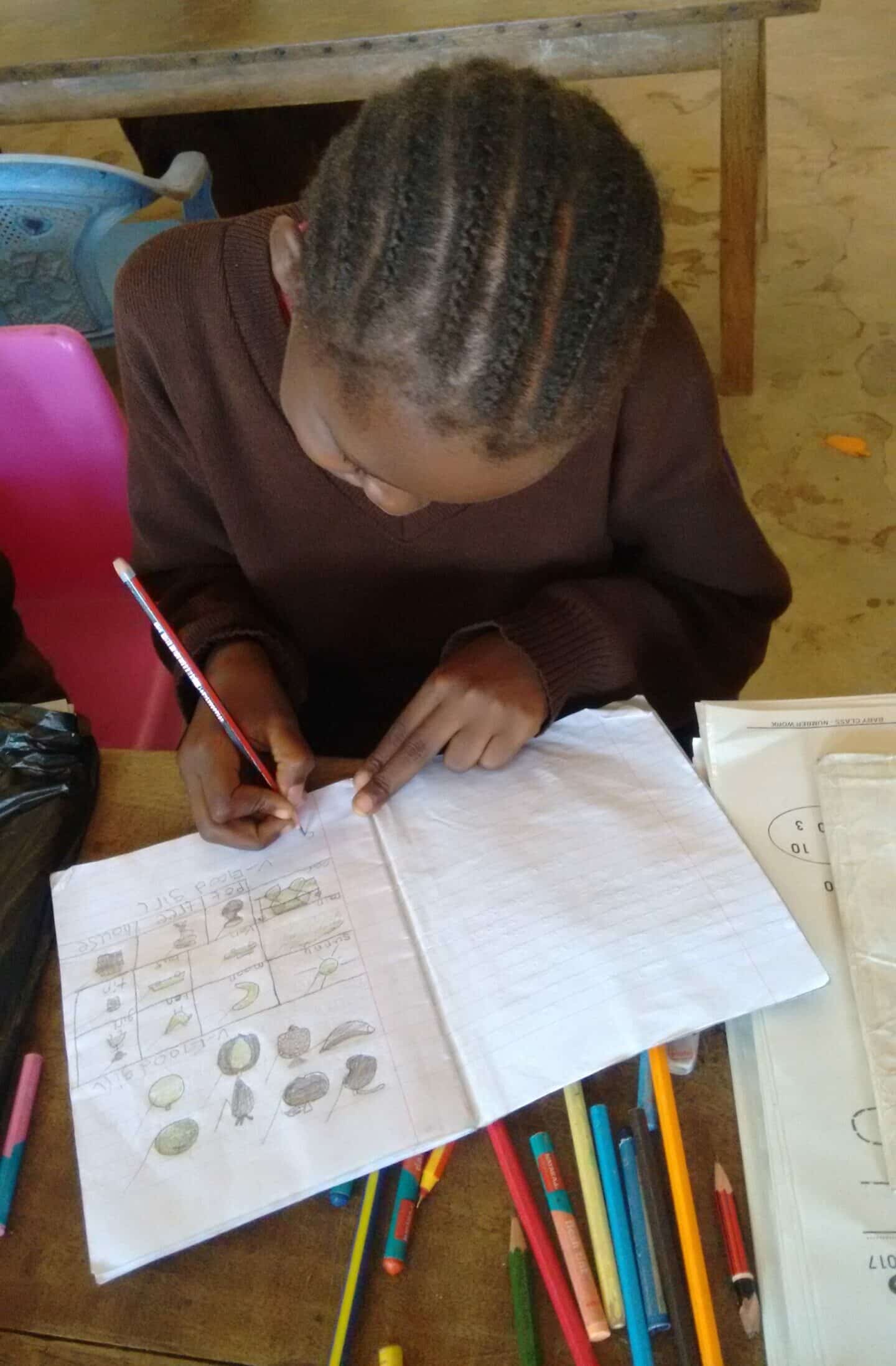
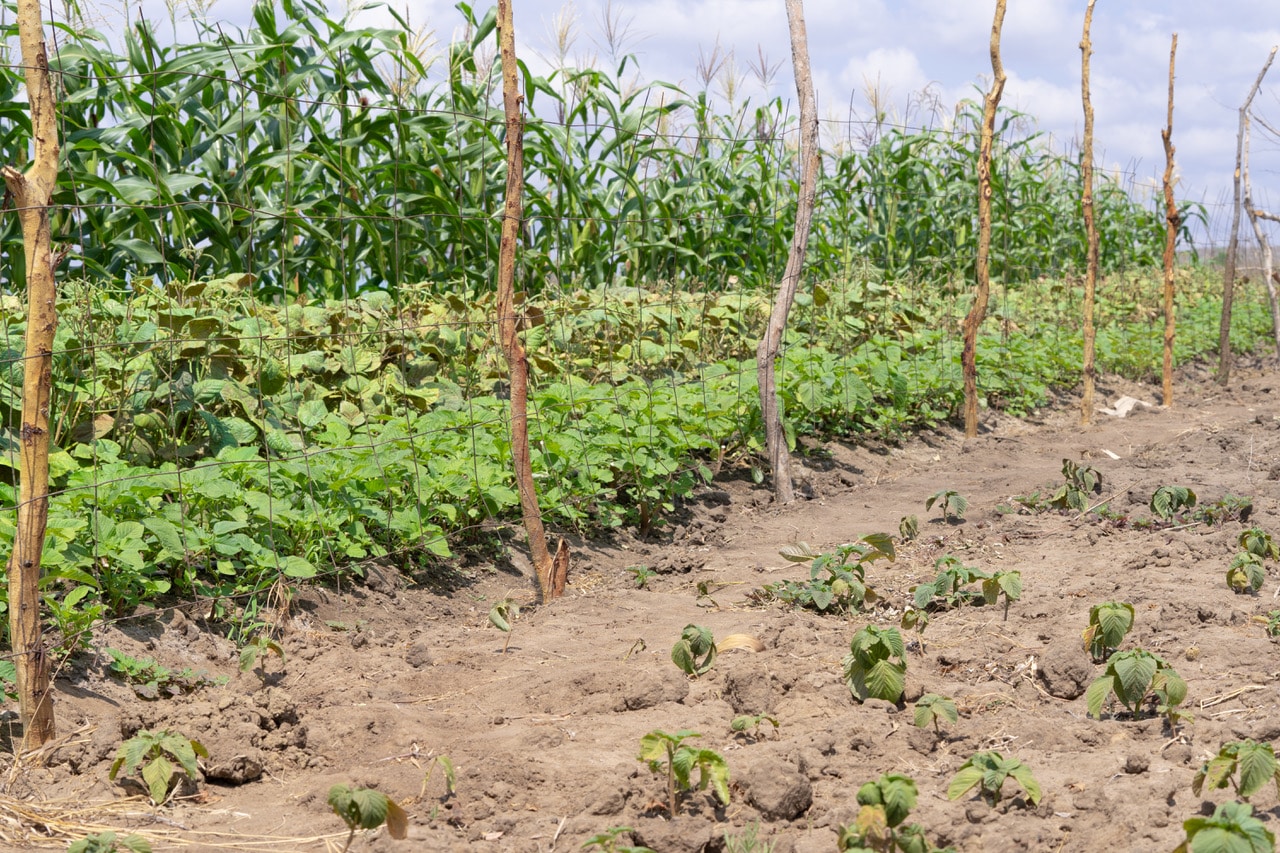
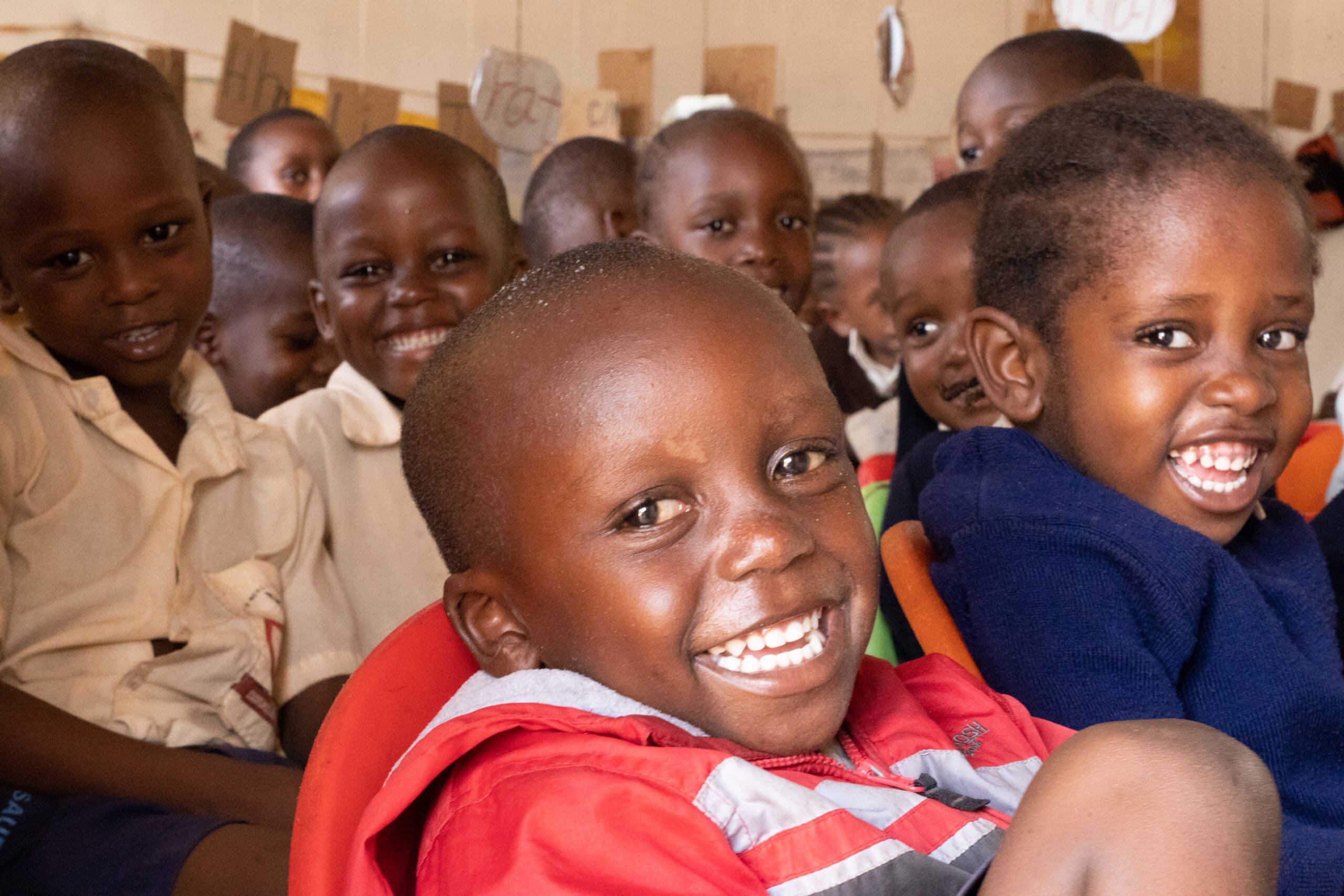
LOGOS Bulgaria
LOGOS Bulgaria has more reported cases of human trafficking victimisation than any other country in Eastern Europe.1,2
The LOGOS team run training schools in Bulgaria. They also educate orphaned teens, and the women and children of Gypsy communities about the dangers of human trafficking, through seminars, videos, literature and help lines.
Additionally, they provide practical support for gypsy children, refugees and orphans by providing education support, basic needs and assisting with integration into society.
LOGOS has also helped rescue many Bulgarian teens who have been trafficked to other European countries, the UK and the US. Hope St supports LOGOS’ human trafficking prevention education program, educating orphaned teens, and the women and children of Gypsy communities, about the dangers of human trafficking.
1 United States Department of State (2018). Trafficking in Persons Report, Bulgaria.
2 United Nations Office on Drugs and Crime (2017). Global Report on Trafficking in Persons, Eastern Europe and Central Asia.
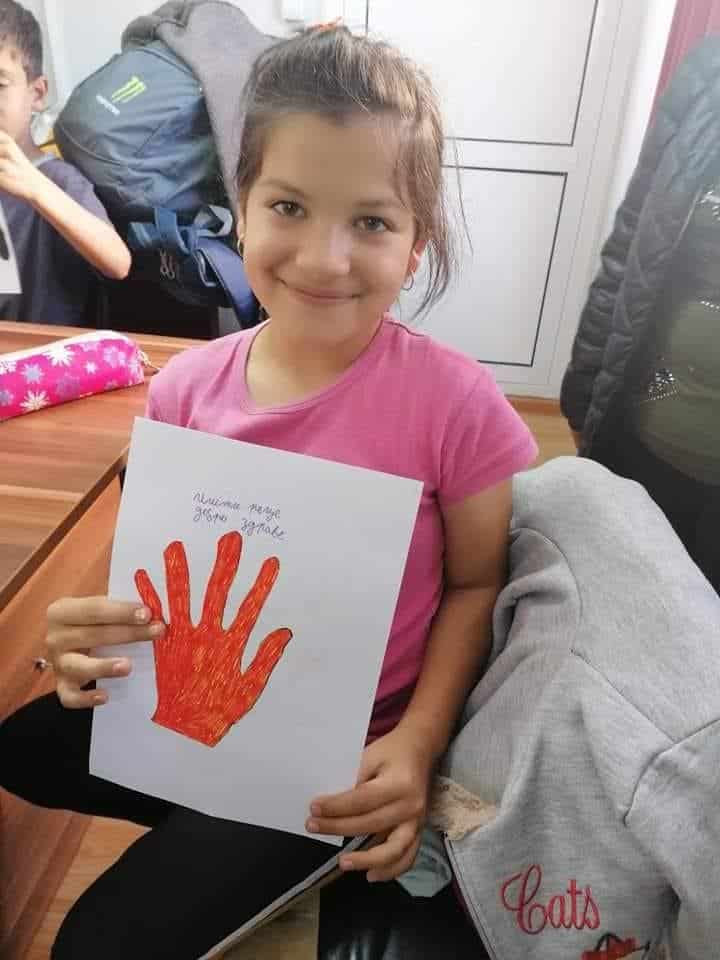
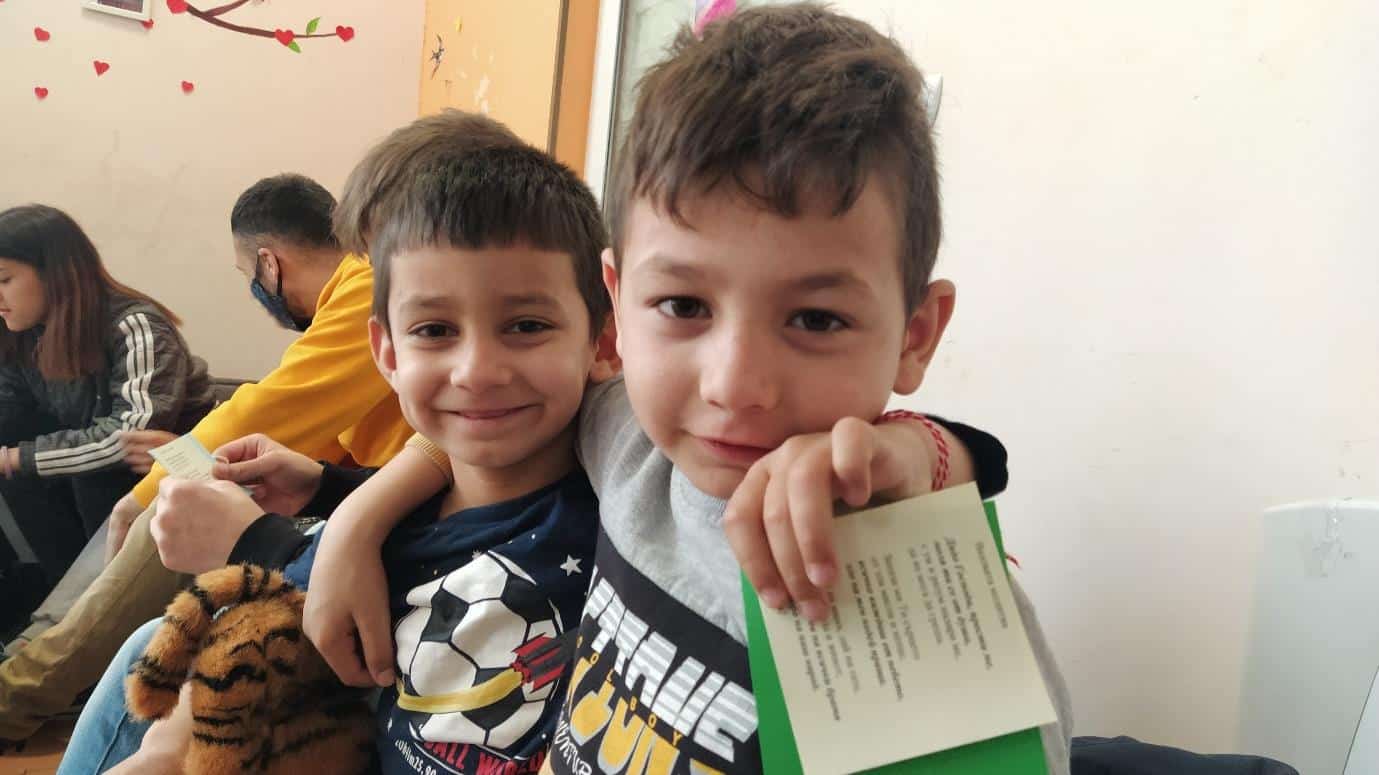
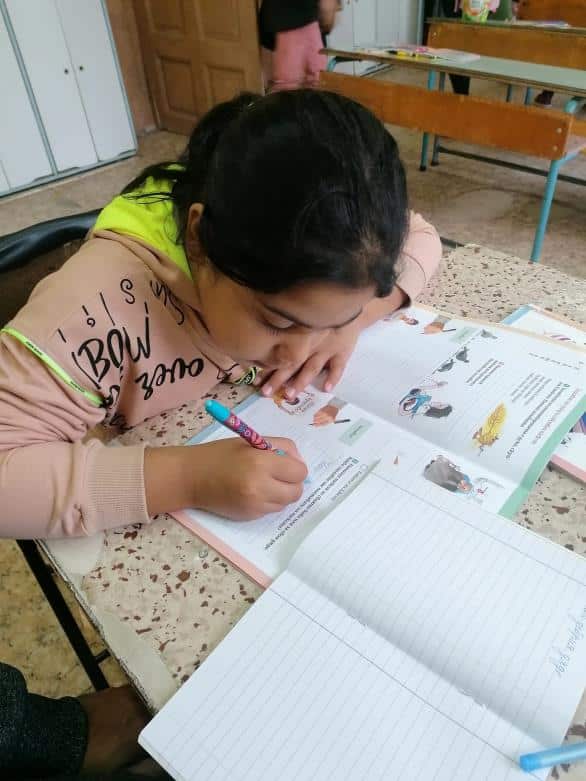
Living Waters, Myanmar
In 2017 Hope St formed relationship with a couple running a children’s home, providing education and a safe, loving environment for children at risk of being trafficked or exploited, focusing on those from illiterate and drug-addicted families.
Myanmar’s Shan State is the world’s second largest producer of illicit opium1 and has been a significant cog in the transnational drug trade since World War II.1
The prevalence of opium trading has caused an over-proportion of drug addicts and family dysfunction. One in every three young boys is given to the ethnic army2 and many young girls are sold into prostitution in China and Thailand.2
Most of the children in the Living Waters home were from villages with no schools or medical services and compulsory army conscription from age seven. These children would not have had a chance to receive an education or healthcare without this care. Most of them were at extreme risk of falling victim to human trafficking before being rescued.
From 2001 to 2020 the children’s home used rental properties, often having to move when a landlord sold the property. Some of the homes flooded badly, others had leaking roofs. In 2019 and 2020 Hope St funded the purchase of some land, and the building of a home, to provide a stable home and a safe environment for the children who had already suffered so much, and also decrease the regular costs of running the home. Unfortunately, due to the military coup in Myanmar, the home is currently closed. However, we remain in contact with our partners and look forward to helping more when the political situation eases.
1UN report: “Opium cultivation rising in Burma”. BBC. 31 October 2012. Retrieved 10 June 2013.
2James, Helen (2012). Security and Sustainable Development in Myanmar/Burma. Routledge. pp. 94–. ISBN 9781134253937
